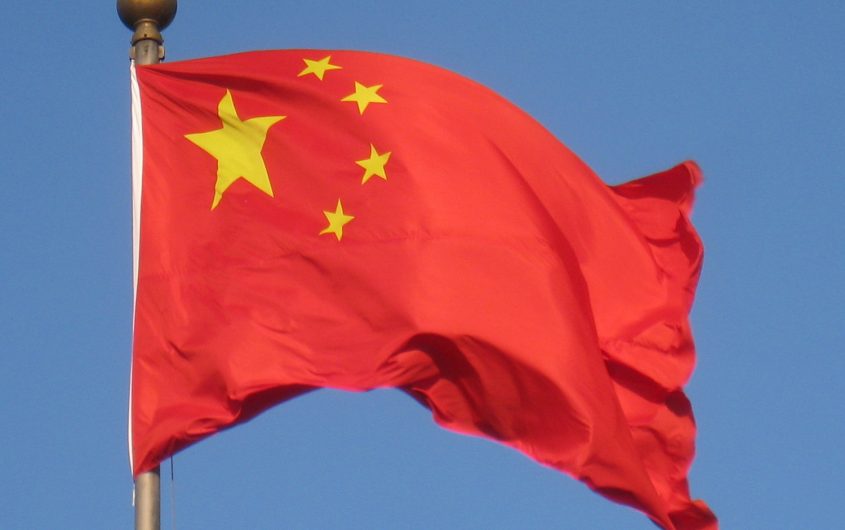
Transatlantic Alliance in the Age of Global China
AGI engages American, German, and European experts and stakeholders to assess the state of relations with China, the implications of Chinese policies on national interests and the transatlantic alliance, as well as responses from governments across the Atlantic.
Project Description
China under Xi Jinping has significantly stepped up efforts to assert its ambitions abroad and shape the international order to benefit the country’s and the ruling Communist Party’s interests. Its domestic and foreign policies present extensive and serious challenges to U.S. and European national interests. China’s industrial policy threatens open markets through persistent state subsidies, domestic market protectionism, and inadequate intellectual property rights protection and forced technology transfer. The Chinese government’s drive to attain technology supremacy raises serious national security concerns for many countries employing Chinese technologies. Through strategies such as the Belt-and-Road Initiative, Beijing wields the power of its outward bilateral economic engagements to accumulate strategic assets in natural resources and critical infrastructure around the world, expand its political influence in local and regional affairs, and build up support for its agenda in international organizations.
Given the multitude of its challenges, China increasingly dominates American foreign policy discourse and has moved to the top of the political agenda in Germany and the European Union. Hardening bipartisan consensus in the United States regards China as a strategic rival and the U.S. government is focusing on preventing Chinese primacy. The instruments employed are comprehensive: tariffs, strengthened foreign investment screening, and export control measures that are designed to block Chinese efforts to acquire advanced technologies. European leaders have also become more critical of China, including an increasing number of voices in Germany concerned with China’s trade and industrial policies on their economic model as well as many others condemning China’s aggressive diplomacy and human rights abuses. While still seeking bilateral engagement with Beijing, the EU has moved to strengthen its competitive positions vis-à-vis China.
Image: Wikimedia Commons



